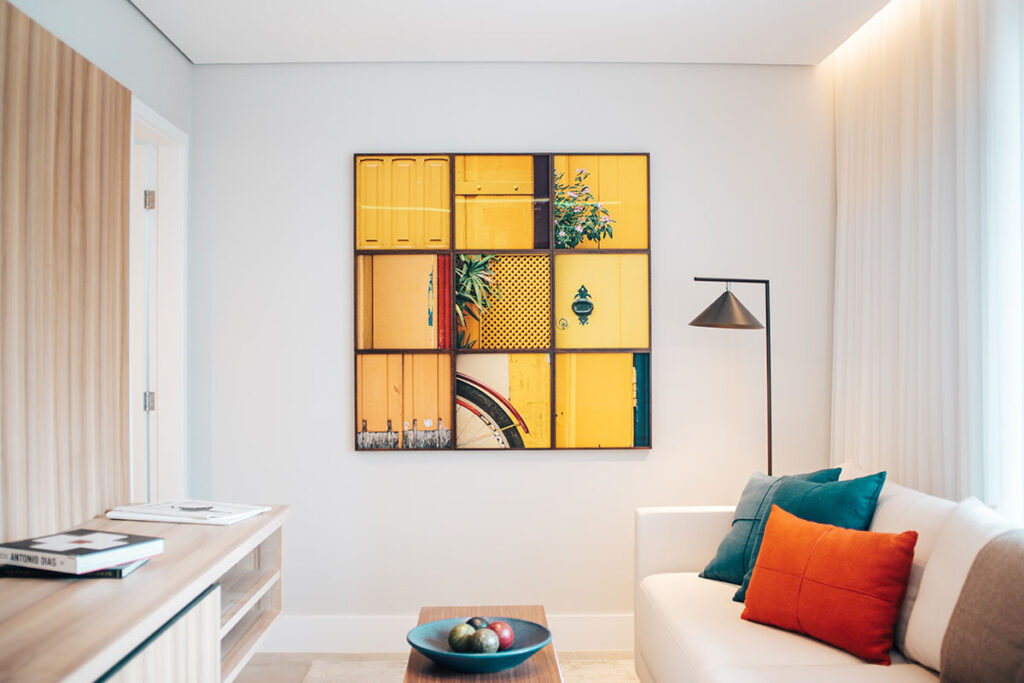A clutter-free home is more than just an aesthetically pleasing space. It has a profound impact on our ability to stay productive and focused in various aspects of life. When our surroundings are free from visual and mental distractions, we can channel our energy toward what truly matters. This blog post will explore the transformative effects of a clutter-free home on productivity and focus.

The Impact Of Clutter On Productivity
Clutter is not just a physical mess; it also creates mental chaos. When our environment is cluttered, our minds tend to mirror that disarray. Visual distractions, such as piles of papers or a messy desk, constantly pull our attention away from the task at hand. It becomes difficult to concentrate and maintain a steady workflow, leading to decreased productivity.
Furthermore, clutter has a negative impact on cognitive function. Studies have shown that excess belongings can overload our brains, making it harder to process information and make decisions efficiently. The constant presence of clutter can increase stress levels and impede our ability to think clearly.
Benefits Of A Clutter-Free Home
Creating a clutter-free home brings numerous benefits that directly enhance productivity and focus. Firstly, it promotes mental clarity and reduces stress levels. When we enter a clean and organized space, our minds can relax, and we can approach tasks with a calm and focused mindset. This mental clarity allows us to prioritize effectively and tackle tasks with greater efficiency.
Secondly, a clutter-free home improves time management. Without the need to constantly search for misplaced items, we can save valuable time. Everything has its designated place, allowing us to locate things easily and maintain a systematic approach to our daily routines. As a result, we become more efficient in managing our time, ensuring that important tasks are completed promptly.
Strategies For Creating A Clutter-Free Home
Decluttering is an essential step toward creating a clutter-free home. There are various methods and approaches that can be employed. One popular technique is the KonMari method, popularized by Marie Kondo, which encourages individuals to declutter by focusing on items that spark joy in their lives. Additionally, setting aside dedicated time for decluttering sessions and breaking the process down into manageable tasks can help make the process less overwhelming.
Practical tips for organizing and maintaining a clutter-free space include utilizing storage solutions such as bins and baskets, labeling items, and creating clear zones for different activities. Using storage that’s safe to store items is one aspect of clutter that often goes overlooked. When our belongings are not properly stored or organized, it can create a hazardous environment. Tripping over items or having excessive clutter in walkways can pose risks to our safety and well-being. It is important to habitually declutter and reevaluate belongings to prevent clutter from accumulating again.
Designing A Productivity-Focused Environment
The design of our living and workspaces plays a significant role in enhancing productivity and focus. Embracing minimalist design principles can help create a sense of calm and order. Simplifying the visual elements and reducing distractions in the environment can have a profound impact on our ability to concentrate.
When choosing furniture and storage solutions, functionality should be prioritized. Opt for pieces that serve a purpose and provide ample storage to keep belongings organized and out of sight. Additionally, optimizing lighting, introducing natural light whenever possible, and incorporating colors that promote focus can further enhance the productivity-focused environment.
The Connection Between Clutter And Mental Well-being
The relationship between clutter and mental well-being is undeniable. Cluttered spaces can contribute to feelings of overwhelm, anxiety, and even depression. On the contrary, a clutter-free environment promotes a sense of calm and tranquility, positively impacting our mental health.
Research has shown that decluttering and organizing our physical spaces can improve overall well-being. The act of decluttering can be therapeutic, helping us let go of unnecessary attachments and create space for positive energy to flow. As we clear away physical clutter, our mental and emotional clutter also begins to dissipate, allowing us to experience greater peace of mind and focus.
Maintaining A Clutter-Free Lifestyle
Creating a clutter-free home is not a one-time effort; it requires consistent maintenance. Developing habits for regular decluttering and organization is crucial. This can involve setting aside dedicated time each week or month to reassess belongings and remove any unnecessary items. By staying proactive and preventing clutter from accumulating, we can maintain an environment that supports productivity and focus.
It is also important to involve family members or roommates in maintaining a clutter-free home. Encouraging everyone to take responsibility for their belongings and contribute to the organization’s efforts fosters a shared sense of accountability and ensures the longevity of a clutter-free lifestyle.

A clutter-free home is a powerful catalyst for enhancing productivity and focus. By taking steps to declutter, organize, and design our living spaces, we create an environment that supports mental clarity, reduces stress, and optimizes our ability to stay productive. The benefits extend beyond the physical realm, positively impacting our mental well-being and overall quality of life. Embrace the transformative power of a clutter-free home and unlock your full potential for productivity and focus.
Featured photo by Andrea Davis on Unsplash.



